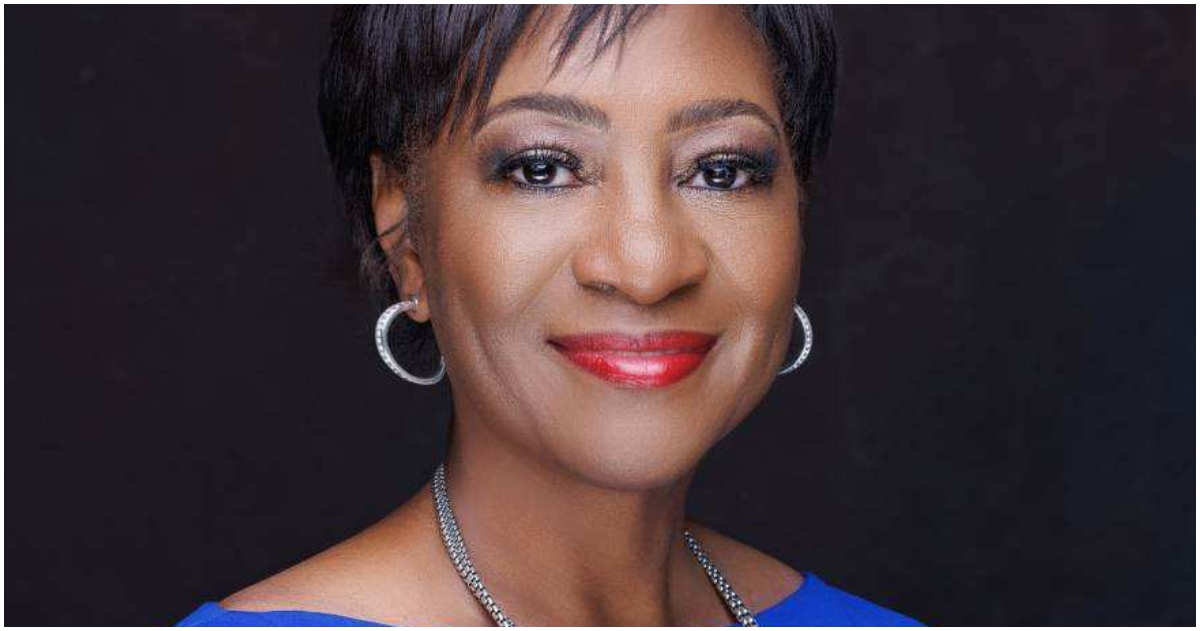La June Montgomery Tabron has made an indelible mark on both the W.K. Kellogg Foundation and the broader conversation around racial healing. Appointed as the foundation’s first Black and first female CEO, she now leads one of the most prestigious philanthropic organizations dedicated to fostering racial equity and healing across the U.S.
Her leadership journey is underscored by a deep commitment to racial healing, rooted in her own life experiences. Tabron’s approach centers on storytelling as a powerful tool for bridging divides and fostering understanding among people of different backgrounds.
A Pioneering Leader in Philanthropy
Tabron’s rise to prominence in the philanthropic world reflects her groundbreaking role at the W.K. Kellogg Foundation. She’s not only the first woman but also the first Black person to lead the organization. Under her leadership, the foundation has expanded its commitment to racial equity, launching initiatives like the National Day of Racial Healing, which aims to unite people across the country in shared conversations about race.
Through her work, Tabron has been instrumental in guiding the foundation’s efforts to heal communities and address systemic inequalities. She has helped reshape the conversation on race, pushing for deeper, more meaningful engagement with diverse communities to foster mutual understanding and collective growth.
A Journey Rooted in Healing
Tabron’s personal story is deeply intertwined with the mission of the Kellogg Foundation. Growing up in Detroit, she faced the challenges of racial identity and belonging, experiences that have fueled her commitment to racial healing throughout her career. In her memoir, How We Heal: A Journey Toward Truth, Racial Healing and Community Transformation from the Inside Out, Tabron reflects on her path from a young girl in Detroit to the helm of one of America’s leading philanthropic organizations.
The memoir, along with her children’s book Our Differences Make Us Stronger, illustrates her belief that healing begins with honest conversations. “I wanted to use the methodology of healing that we use, which is through storytelling,” Tabron shared. She recognizes that by sharing our personal experiences, we not only understand each other better but also lay the foundation for empathy and connection.
Leadership in Action: Racial Healing in Buffalo
Under Tabron’s guidance, the W.K. Kellogg Foundation has been a key player in racial healing initiatives. A notable example is its response to the 2022 mass shooting in Buffalo, New York. The foundation’s racial healing work in the community helped prevent further escalation of tensions following the tragedy, proving that proactive community engagement can transform potential crises into opportunities for collective healing.
Tabron emphasizes that racial healing is not just about addressing the past but also about creating pathways to a more inclusive future. Through programs like the National Day of Racial Healing, she encourages individuals and communities to take action, not just through dialogue but through tangible, collective efforts that lead to real change.
The Power of Storytelling for Change
Tabron’s focus on storytelling as a tool for healing is central to her leadership philosophy. She believes that by sharing our personal stories, we not only humanize the complexities of racial issues but also inspire others to engage in the healing process. “It’s about helping people see their story in the bigger picture,” Tabron explains.
Her work challenges individuals and organizations alike to reflect on their own roles in fostering inclusivity. She urges a move beyond surface-level conversations, advocating for a deeper, more introspective look at how we relate to one another and contribute to the broader societal fabric.
A Vision for the Future
Looking ahead, Tabron remains dedicated to advancing the conversation around racial equity. She believes that despite current challenges, including resistance to diversity, equity, and inclusion initiatives, the need for healing is more pressing than ever. “This is exactly when we need healing conversations more than ever,” she states, underscoring the importance of dialogue in bridging the empathy gap that has become so apparent in contemporary society.
Through her leadership, La June Montgomery Tabron is not just changing the course of the W.K. Kellogg Foundation but also playing a crucial role in shaping the national conversation on racial healing. Her story is a testament to the power of resilience, leadership, and, above all, the transformative potential of shared understanding and collective action.





